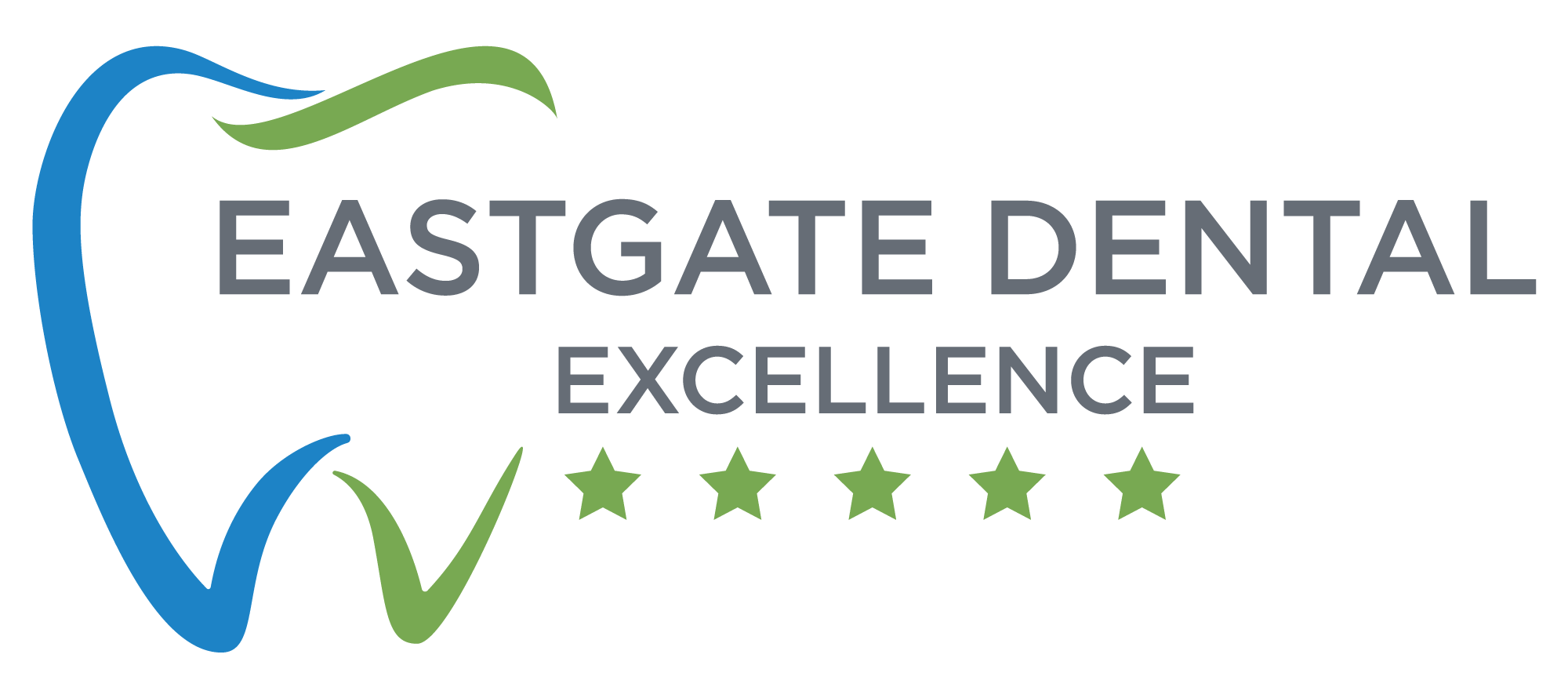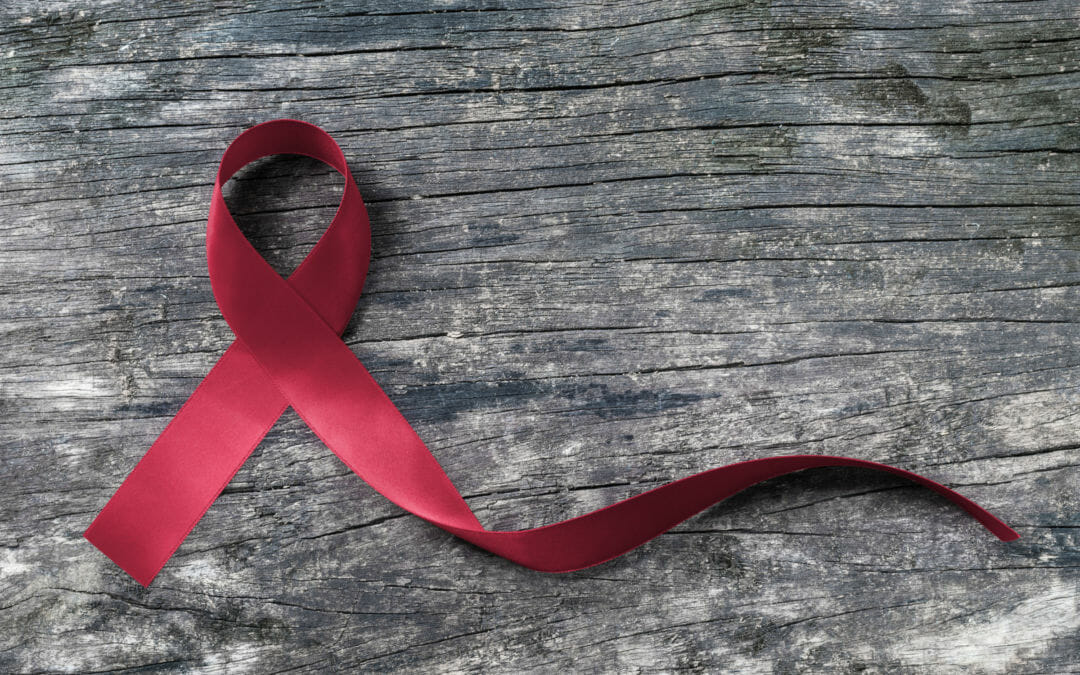Taking care of your mouth does more than just preserve your smile. Regular visits to the dentist can help you detect mouth, lip, and throat cancer at the earliest stages. Like with all forms of cancer, oral cancer is easier to treat and keep in remission if it is detected early. The dentist has many options for detecting signs of cancer in the mouth and throat, and they can also explain simple self-check routines for you to practice at home. Learn how to watch out for cancer symptoms and signs without having to worry about them.
Check Your Mouth Regularly
Even before your dentist teaches you any specific self-exams to practice, you can do a lot just by visually checking your mouth every day during your brushing routine. Keep a lookout for swelling, discoloration, rough textures, and other changes in your mouth. The appearance of white or red patches is a definite sign you need to see your dentist for a cancer exam. Sores that appear should be watched and reported to the dentist if they last more than a day or two. A healthy mouth will heal quickly, so lesions or wounds that linger for more than 48 hours can indicate the early stages of oral cancer. Lumps you can see or feel with your fingers also deserve the attention of the dentist.
Track Your Oral Health
If you don’t notice anything too alarming, you still may have concerns that accumulate over the six months between routine dental visits. This is especially important if you have been diagnosed with oral cancer or other forms of cancer in the past. Keep a journal or digital record of your oral health over time so you can remember to bring up minor issues that have cropped up. Your dentist can quickly check on any temporary sensitivity, bleeding, or discoloration that occurred to rule out the chance it was related to anything serious.
Never Skip a Dental Exam
It’s tempting to consider your six-month dental exams as optional rather than mandatory, especially if you’re diligent about brushing and flossing daily. This isn’t a good idea for reasons related to cavities and gum disease, but it also strips you of an important chance to catch oral cancer at an early stage. Many cancers that affect the mouth or throat develop rapidly. Even within six months, warning signs can appear that the dentist would spot with ease. Stick to the schedule of regular dental exams so you don’t accidentally miss a chance to catch a problem while it’s still in the earliest stages of development.
Talk to Your Dentist
Discuss your concerns with your dentist and find out how they approach exams for oral cancer. Most dentists will include a basic scan for obvious lumps, lesions, and discoloration during their check-ups. But if you have any reason to feel more concerned than usual about your cancer risks, your dentist should know so they can recommend additional testing. The use of various dyes and reactive lights can help the dentist find abnormal cells and lesions that may be linked to oral cancer. Other exams involve biopsies or manual examination of the tissues. No matter what risk factors you have, the dentist can help you find a series of tests to keep you on top of any early warning signs.
Identify Your Risk Factors
Understanding the risk factors for oral cancer will help you reduce them and let you know how much to ask your dentist for extra testing. If you have experienced cancer in the past or have a family history of it, you should inform your dentist that you have heightened risk factors. Smoking is one of the easiest oral cancer risk factors to avoid, along with excessive drinking. Patients who are still working to address their smoking and drinking habits should undergo extra oral cancer screening until they manage to lower their risk factors.
Undergo Targeted Tests and Exams
If your dentist recommends any specific tests or exams for oral cancer, strongly consider them. While you have the right to turn down any kind of testing you don’t want, this kind of examination is very important. It’s often the best way to discover the early stages of cancer through the mouth, lips, face, and throat. While a biopsy or mouth scan may not be the way you wanted to end your routine dental exam, it’s better than getting a late diagnosis.
Schedule an appointment with us here at Eastgate Dental Excellence if you have any warning signs that hint towards oral cancer. Our state-of-the-art screening equipment could discover a lesion or other issue while it’s still small and easily treated with the help of an oncologist. Take a proactive approach to oral cancer with our support.

